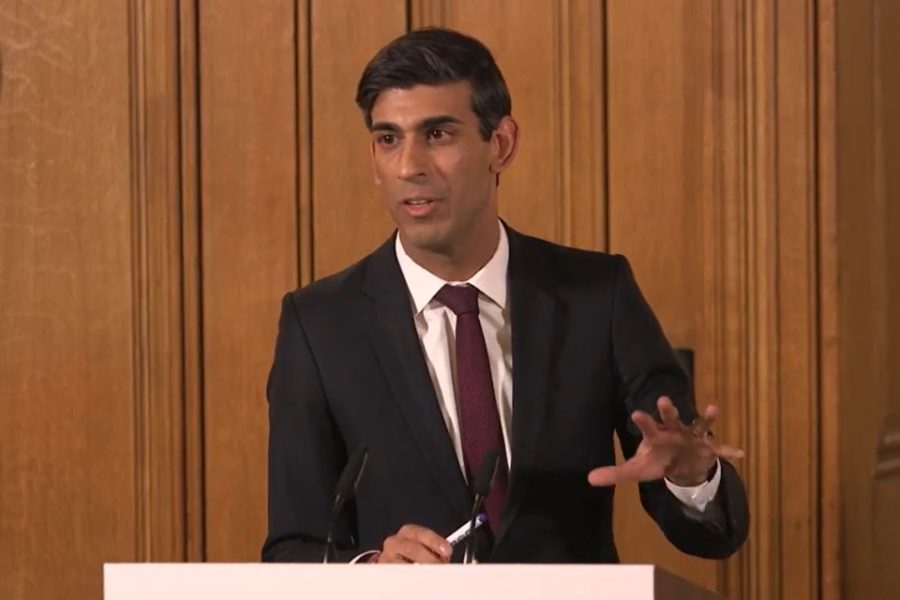
UK government unveils rescue package for charities
April 9, 2020
Free global summit launches to reignite F2F Fundraising
April 29, 2020While wealthy people are keen to contribute further to support charities in the current COVID-19 crisis, they want to be seen as partners and peers according to research from the Beacon Collaborative.
The Giving Experience – Overcoming the barriers to giving among the wealthy in the UK is one of three reports released in April by the philanthropic movement, which includes the Institute of Fundraising, New Philanthropy Capital, Association of Charitable Foundations, and Charities Aid Foundation among its partners.
The report focuses on how fundraising organisations can engage wealthy donors as partners in social change, finding that many wealthy individuals are motivated by a sense of belonging and shared purpose, and want to be part of the effort to achieve positive change. As such, fundraisers need to include them as partners and peers, building relationships based on mutual respect.
The report also found:
– Fundraisers need to continue to encourage entry-level giving and welcome new donors to the table, and to recognise that trust is built up over time and multiple interactions.
– Fundraisers need to recognise that wealthy people are not a homogenous group, with donor segmentation offering a powerful tool to help them better meet the needs of different groups of donors.
– There is also a need to look at the wider context: negative public discourse on giving and limited availability of advice to support major donors equally contribute to a weak environment for giving among the wealthy population.
Cath Dovey, co-founder of the Beacon Collaborative and author of the report said:
“In an era of rising demand, more fundraising organisation are recognising the importance of private donations for their organisational resilience. Private capital often has fewer constraints than other sources of funding and can be less sensitive to political and economic transitions.
“This research shows that wealthy people in the UK want to engage as partners and peers to support positive social and environmental outcomes. Fundraisers have a vital role to play in supporting them on that journey.”
Collectively, the three reports published by the philanthropic movement highlight the position that philanthropy is in to respond to the current crisis in a way that is complementary and supportive of the government, and focus on how to grow high-net-worth giving in the UK and improve the quality of giving. Along with The Giving Experience report, Collaborating for a Cause looks at cause-related networks and the opportunities they provide for impactful giving, with Giving Voice to Philanthropy examining the need to highlight how philanthropy contributes to transformational change.
Matthew Bowcock, founder of Beacon Collaborative, said:
“Almost all wealthy people engage in charitable giving, but they need to be supported to do more. They want to be seen as partners to the organisations they support and fundraising organisations can find ways to engage them as peers.
“As a society we need to understand and promote philanthropy in its true context; not as the contribution of one individual, but as an outcome of strategic partnerships and collaboration. This has never been more crucial than at this time of national need. It’s time for philanthropists to do their bit, quickly and effectively, and these findings give guidance on how to do that in the most potent way.
“Philanthropists have a role to play in relief and rebuilding from this crisis but also must consider the underlying issues and ensure that the charity sector is supported as a whole so that it is still there when we need it afterwards.”




